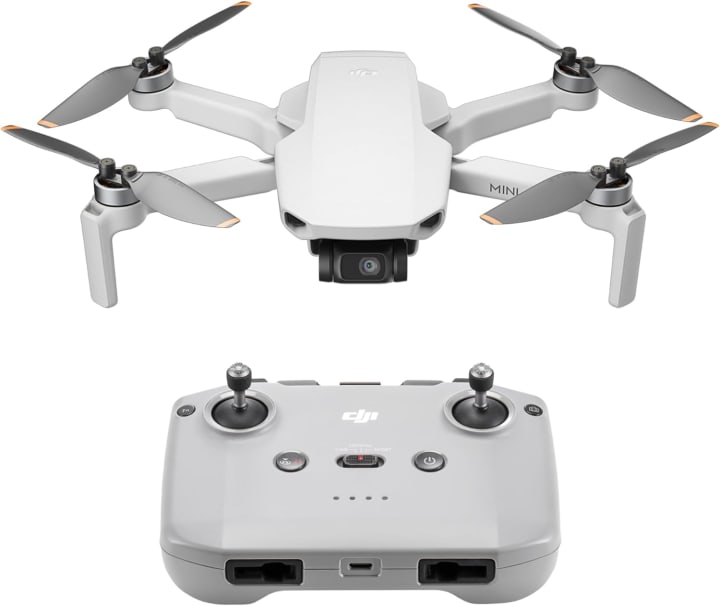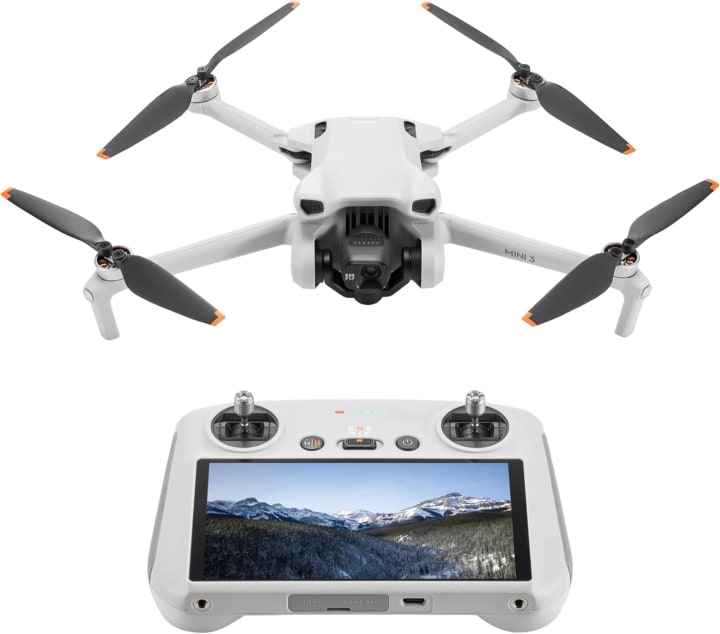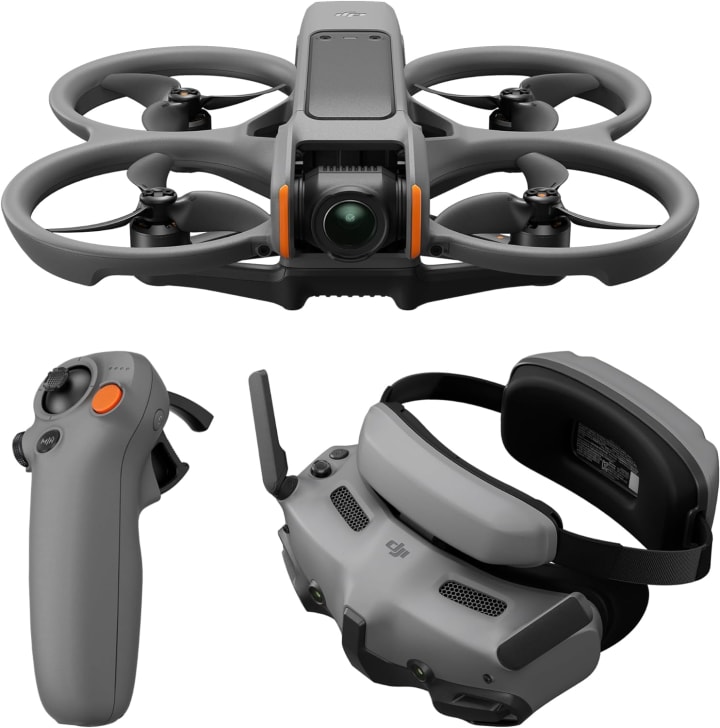
**The Evolution of Drone Technology and the DJI Mini SE, DJI Mini 3, and DJI Avata 2**
Drone technology has evolved remarkably over the past few decades, transforming from simple remote-controlled aircraft into sophisticated tools used across various industries. This evolution is marked by advancements in aerodynamics, battery life, AI integration, and camera quality, making drones indispensable for hobbyists, professionals, and enterprises alike. Among the leading innovators in this field is DJI, a company that has consistently pushed the boundaries of drone technology. This article explores the evolution of drone technology through the lens of DJI's products, focusing on the DJI Mini SE, DJI Mini 3, and DJI Avata 2.
### The Early Days of Drone Technology
In the early 2000s, drones were primarily used for military purposes, providing aerial surveillance and reconnaissance. These early models were large, expensive, and not accessible to the general public. However, technological advancements and miniaturization of components paved the way for the development of consumer drones. The introduction of GPS technology, improved battery life, and the integration of high-definition cameras were significant milestones that made drones more versatile and user-friendly.
### DJI's Rise to Prominence
DJI, founded in 2006, quickly became a leading name in the drone industry. With a focus on innovation and user experience, DJI introduced several groundbreaking products that set new standards for performance and reliability. The Phantom series, launched in 2013, brought drones to the masses, offering an easy-to-use platform with advanced features such as GPS stabilization and high-quality cameras.
### DJI Mini SE: Affordable Excellence

The DJI Mini SE, released in 2021, is a testament to how far drone technology has come. Weighing just 249 grams, it falls under the weight limit for registration in many countries, making it an attractive option for casual users. Despite its small size, the Mini SE boasts impressive features, including:
- **12 MP Camera**: Capable of capturing high-resolution photos and 2.7K video.
- **30-Minute Flight Time**: Thanks to a high-capacity battery.
- **GPS and Vision Sensor**: Ensuring stable and precise hovering.
The Mini SE's affordability, combined with its robust feature set, makes it an excellent entry-level drone for beginners and hobbyists.
### DJI Mini 3: Advanced Capabilities in a Compact Package

- **4K HDR Video**: Providing stunning video quality with enhanced dynamic range.
- **Extended Flight Time**: Up to 34 minutes on a single charge.
- **Obstacle Sensing**: Advanced sensors to avoid collisions and ensure safer flights.
- **Intelligent Flight Modes**: Including QuickShots and Panorama, enabling creative and automated shots.
The DJI Mini 3 represents a significant leap forward, catering to both casual users and semi-professional photographers who need high-quality aerial footage in a compact form factor.
### DJI Avata 2: Redefining FPV Experience

The DJI Avata 2 is designed for enthusiasts who crave an immersive First-Person View (FPV) flying experience. FPV drones are known for their agility and speed, making them ideal for racing and capturing dynamic footage. The Avata 2 stands out with its cutting-edge features:
- **High-Performance Camera**: Capable of capturing 4K video at 60fps, with a super-wide field of view.
- **Advanced Stabilization**: Combining RockSteady and HorizonSteady to ensure smooth and stable footage.
- **High-Speed Performance**: Reaching speeds up to 60 mph.
- **Enhanced Durability**: Built to withstand crashes and bumps, making it perfect for high-intensity flying.
The Avata 2's innovative features make it a top choice for FPV enthusiasts and professional videographers who demand high performance and reliability.
### The Future of Drone Technology
As drone technology continues to evolve, we can expect further advancements in AI integration, autonomous flight capabilities, and enhanced safety features. The future of drones will likely see even more compact designs, longer flight times, and improved environmental awareness, making them more versatile and accessible than ever before.
### Conclusion
The evolution of drone technology has been a journey of remarkable innovation and progress. DJI's lineup, including the Mini SE, Mini 3, and Avata 2, exemplifies this evolution, offering a range of products that cater to different needs and skill levels. From affordable entry-level models to high-performance FPV drones, DJI continues to set the standard in the industry, pushing the boundaries of what is possible with drone technology. As we look to the future, it's exciting to imagine the new heights that drones will reach and the endless possibilities they will unlock.
About the Creator
Enjoyed the story? Support the Creator.
Subscribe for free to receive all their stories in your feed. You could also pledge your support or give them a one-off tip, letting them know you appreciate their work.





Comments
There are no comments for this story
Be the first to respond and start the conversation.